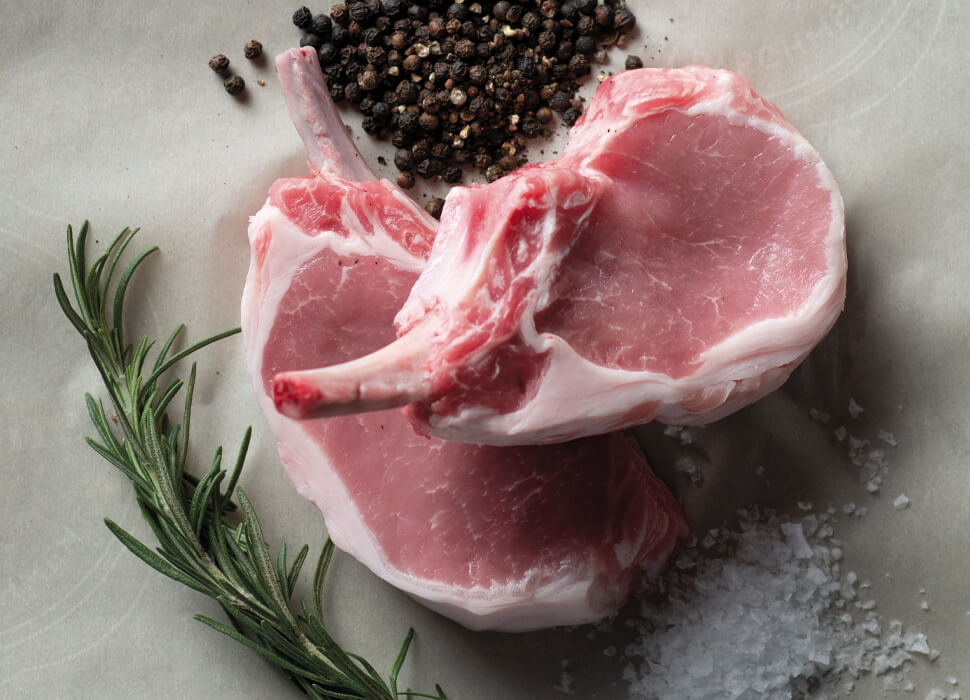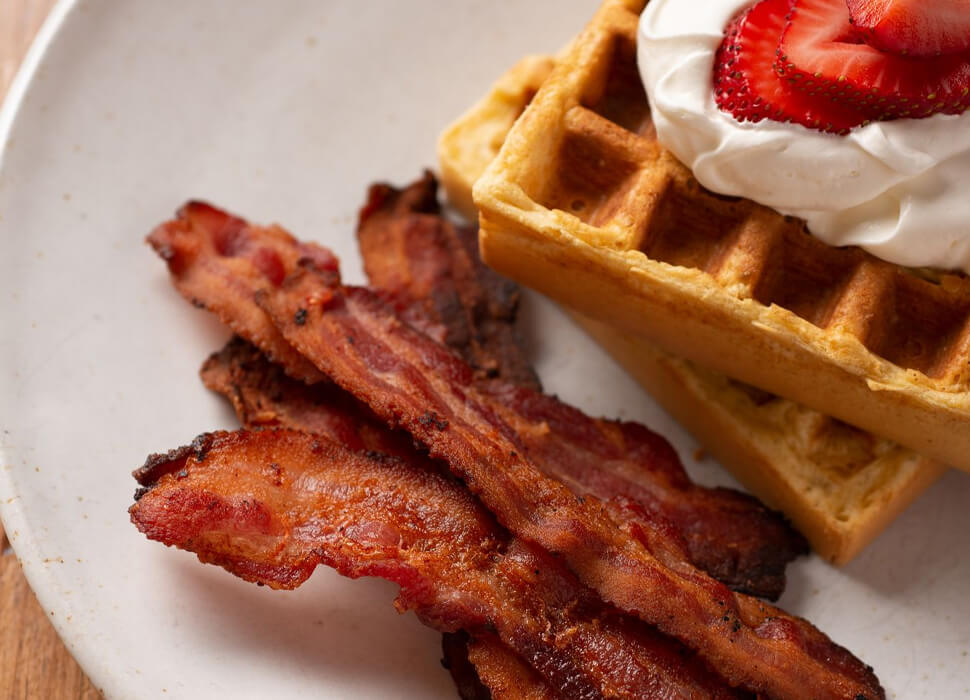Are you regularly dealing with an upset stomach, acne outbreaks, or low energy? Do you think that something in your diet may be to blame? Then the Whole30® diet plan may be for you!
Some of these diet plans eliminate potentially triggering foods for 30 days and then slowly reintroduce them over at least ten days, so you can see how each food impacts your body. While you will need to remove some foods during the 30-day period, you can still enjoy delicious recipes like Slow Cooker Pork Roast with Rosemary and Sauerkraut.
Keep reading to learn more about diet plans like Whole30®, Keto, and paleo, and what items you can consume throughout this journey.
What Is Whole30®?
While Whole30® is technically a diet plan, those who opt into it typically have goals other than weight loss. Instead, they are often experiencing adverse health conditions and want to see if certain foods are causing their symptoms.
The first step to Whole30® is eliminating all foods that may be triggering adverse reactions. By removing these items from your diet for 30 days, your body has a chance to “reset” itself. During this time, you may experience unpleasant symptoms like bloating, headaches, and cravings while you get used to your new diet. When the 30 days are up, you can begin reintroducing these potential trigger foods, one at a time over at least ten days.*
Therefore, a Whole30® diet is a good option for people experiencing a wide range of minor, undiagnosed medical issues. These can range from digestive issues to unexplained aches to consistent spurts of low energy levels. If individuals notice their problems fade after the completion of Whole30®, they can assume that the issues were linked to a certain food. By introducing foods back in one at a time, they can take note of whether they start experiencing any symptoms after they added a certain food back in. If so, this could indicate an intolerance to the specific food.
However, it’s important to note that this diet plan is not a substitute for professional medical advice or attention.
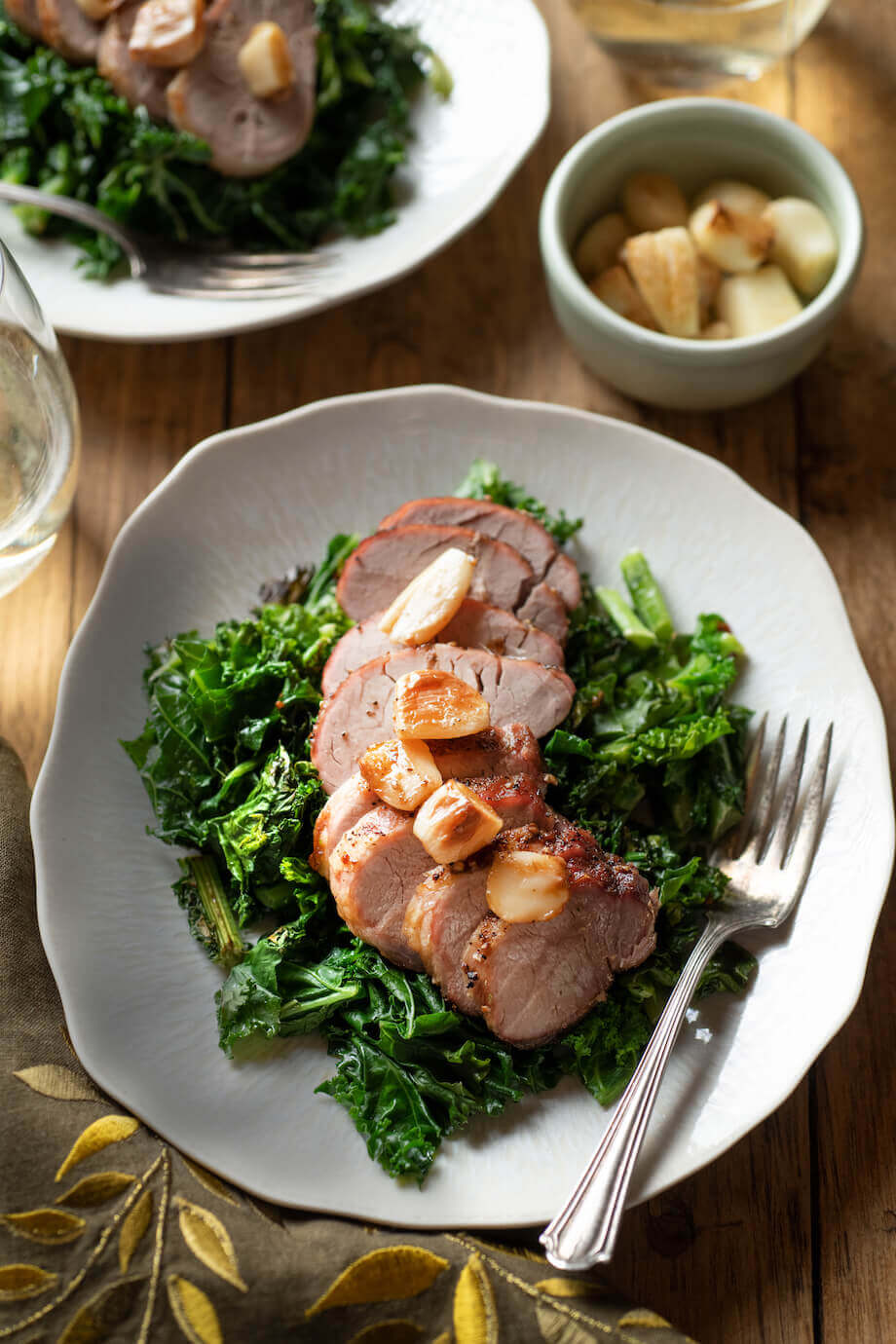
What About Keto & Paleo Diets?
Two other popular diet plans include Keto and Paleo. While these two plans are similar, they have distinct characteristics.A Keto diet is a low-carb, high-fat diet. It encourages consumers to eat foods like bacon, eggs, full-fat dairy, and oils while staying away from pasta, most fruits, and starchy vegetables like sweet potatoes and carrots.
A Paleo diet aims to mimic what human ancestors ate during the Paleozoic Era. This means eating natural meats, eggs, nuts, fruits, and vegetables while staying away from dairy, grains, legumes, and processed foods.
What Foods Can You Eat on Whole30®?
As mentioned above, the success of Whole30® lies in eating (and avoiding) specific foods. While it may seem that Whole30® prohibits you from eating some of your favorite foods, you can still enjoy lots of delicious ingredients and meals!
Vegetables
Enjoy all the vegetables you want, including roots like beets and carrots, greens like spinach and kale, and starchy vegetables like potatoes.
Fruits
You can enjoy all types of whole fruits including berries, apples, citrus fruits, and bananas. Eating whole fruit is always acceptable, or you can dress up your vegetables with a splash of lemon juice or some chopped apple.
Unprocessed Meats
Meats that are free from artificial ingredients and raised without hormones or antibiotics can be enjoyed during Whole30®. It’s recommended that you stick to ruminants like beef and sheep, but you can also enjoy all natural chicken and pork. That means you can eat unprocessed meats such as natural ground pork and pork chops.
You can also eat processed meats as long as they don’t include any artificial preservatives or added sugars. So when your bacon craving strikes, stick to sugar-free uncured bacon.
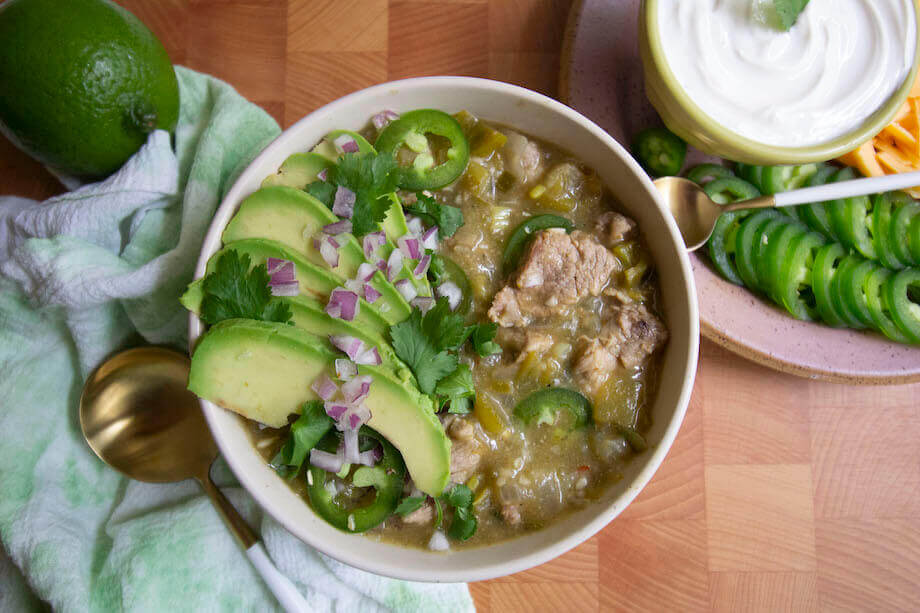
Nuts and Seeds
Tree nuts, including almonds, cashews, and macadamia nuts, are all allowed during Whole30® as well as seeds like sunflower and sesame seeds. You can enjoy these nuts and seeds whole or ground. However, stay away from peanuts, which are actually legumes.
Seafood
Along with enjoying meat, you can eat seafood including fish, shrimp, crab, and scallops. Make sure to check the labels of any canned products and avoid those with artificial ingredients or added sugars.
Eggs
You can eat eggs in any form, as long as they aren’t cooked with prohibited ingredients. Choose cage-free eggs that were raised on pasture.
Oil
When it comes to using oils and fats for cooking, take note of the ingredients the fats come from. Olive oil, avocado oil, coconut oil, ghee, and animal fats are generally okay to eat on Whole30®.
Stay away from corn oil, soybean oil, and peanut oil.
Coffee
That’s right, you can enjoy coffee on Whole30®! Just don’t add any dairy products or sweeteners.
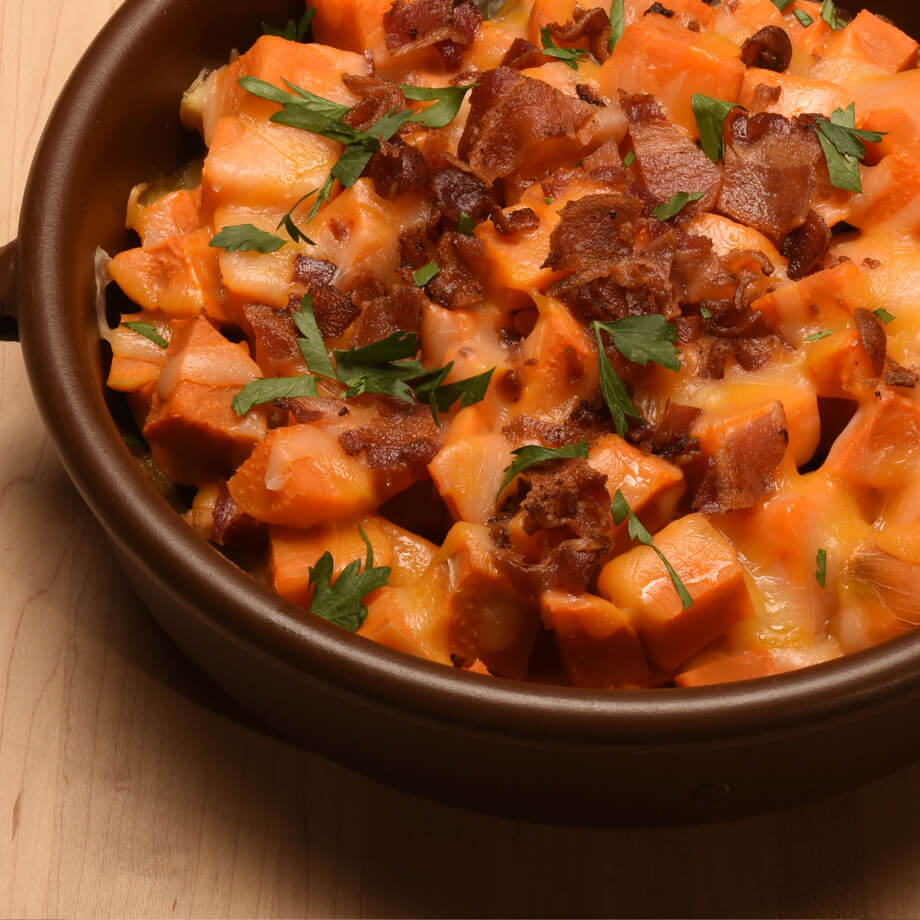
What Foods Should You Avoid on Whole30®?
While Whole30® allows you to enjoy a wide variety of foods, it does require you to stay away from potentially triggering ingredients. Remember that these ingredients can sneak into foods like salad dressings and sauces, so make sure to read labels before consuming.
Grains
Avoid eating grains, including wheat, rice, and oats. That means no wheat pasta, oatmeal, or puffed rice cereal.
Legumes
Eating a Whole30® diet means avoiding legumes including lentils, peanuts, and beans of all types. That means you should stay away from hummus, tofu, peanut butter, and soy sauce. This is an exception for peas, which are allowed during Whole30®.
Dairy
All dairy products are off-limits, with the exception of ghee and clarified butter. That means no yogurt, milk, cheese, or cream.
Sugars and Sweeteners
Avoid all added sugars, including cane sugar, honey, maple syrup, and agave syrup. You should also avoid all artificial sweeteners. Remember to check product labels as sugars and sweeteners can appear in unlikely places.
Alcohol
Stay away from all types of alcohol, including wine, beer, and liquor.
Artificial Additives and Preservatives
Whole30® encourages you to stay away from heavily processed foods but requires that you avoid artificial preservatives and additives. That means avoiding added nitrates used to cure meats as well as artificial colors.
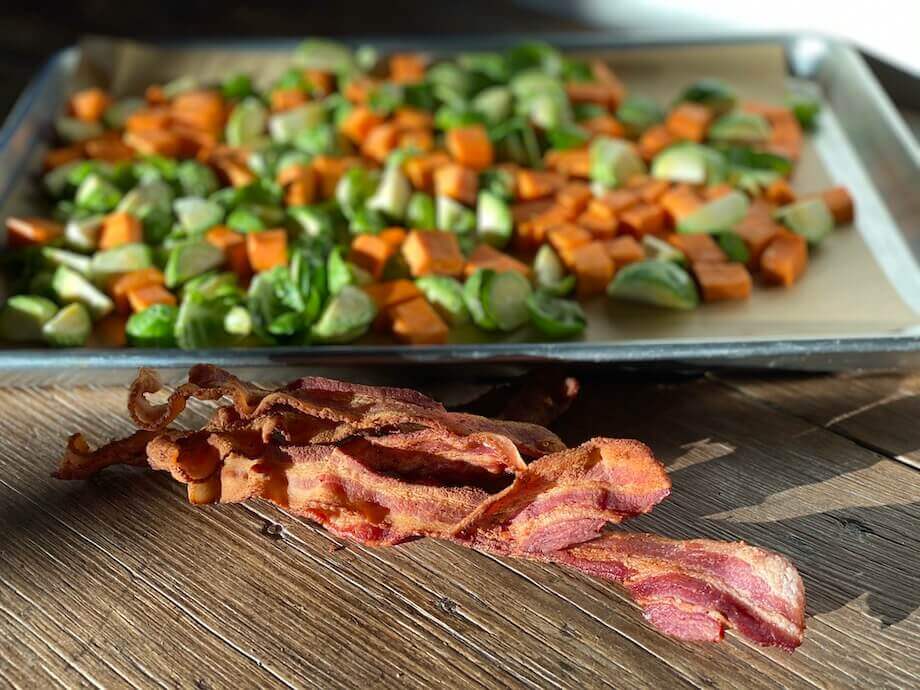
Benefits and Risks of Whole30®
The Whole30® diet can be a beneficial way to help individuals get to the root of food-related health issues. By removing common triggering ingredients and then reintroducing them one at a time, individuals can determine which foods are potentially sensitive to their digestive health. They can then use this information to alter their diet or discuss it further with medical professionals.
Whole30® reports that 95% of individuals following this plan lose weight, but it’s not designed as a weight loss program.* Therefore, it may not be the best diet plan if someone’s sole goal is to shed pounds. Additionally, the Whole30® diet is not designed as a long-term diet plan, so individuals may find they gain weight once their 30 days are up.
Whole30® also allows individuals to enjoy foods that are off-limits in other diet plans, including bacon and sausage. That means you can still whip up delicious recipes like Air Fryer Bacon-Wrapped Sweet Potatoes and Slow Cooker Polish Sausage and Cabbage.
However, Whole30® does have its drawbacks. It can be restrictive because it removes many common foods like whole grains and beans. Therefore, take this into consideration as you plan your diet.
Enjoy Whole30®-Friendly Foods
Whole30® can be a way to help you figure out what foods are causing health issues, but doing so requires you to stay away from prohibited items. However, there are still plenty of foods you can eat when you’re following the Whole30® guidelines.
When it comes to meat, stick with natural options that are free from artificial preservatives, like Coleman Natural products. All of Coleman Natural’s products are raised by American family farmers without added hormones or antibiotics. If you want to buy natural meats for your home, see where you can purchase Coleman Natural products.
If you enjoyed this article, read these next:
- Bacon Buying Guide: Everything You Need to Know About Bacon
- What Does “Natural” Mean on a Meat Food Label?
- Are Pork Chops Good for You?
*Coleman Natural is a meat production company, and is not affiliated with Whole30®. This article is intended for informational purposes only. Speak to a healthcare professional about any dietary or health-related concerns you have. Learn more about Whole30®.
